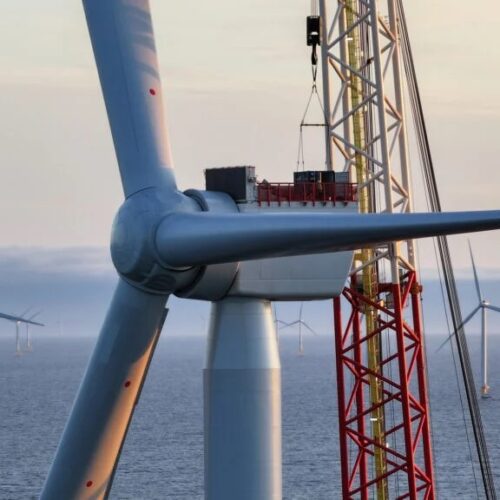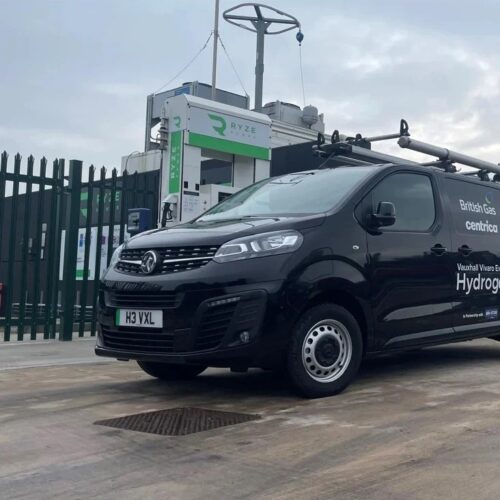British Gas announced a new initiative yesterday (13 May) to 100% match bill payments made by customers struggling with energy debt or fuel poverty.
The scheme, named “You Pay: We Pay”, will launch in June and provide £15 million of support to help customers reduce their bill debt or prevent them from falling into debt in the first instance.
British Gas will match payments made by those who can make contributions towards their energy bills over a period of six months, effectively doubling the speed at which those in bill debt can clear it.
Eligibility for the scheme will be determined via a detailed assessment carried out by British Gas, but in broad terms, customers must be in or facing fuel poverty, must have obtained or be about to obtain debt advice, and must have been a British Gas customer for at least six months.
There is no minimum level of debt required to qualify, and British Gas advises that it will proactively identify customers eligible for support under the scheme.
Chris O’Shea, CEO of British Gas parent company Centrica, voiced the company’s support for those struggling with debt, and said: “We know debt can have a corrosive effect on mental health. Most people want to pay their bills, but it can be very difficult to pay for what you need and clear debts. We want to try and help customers wipe the debt slate clean with this new approach, and to put our customers on a better footing to recover from this period of high inflation.”
O’Shea noted that the scheme “isn’t a silver bullet” to solve the UK’s energy crisis, but added: “How we support people who struggle to afford life’s basic necessities is a wider societal issue and this is why we are a strong advocate for the introduction of a social tariff.”
The energy crisis continues to bite
While the energy bill crisis that hit the UK following Putin’s invasion of Ukraine in 2022 has gradually begun to ease, many households continue to struggle with energy prices and debt.
According to the UK’s energy regulator Ofgem, the number of households in energy debt and arrears rose by 20% in 2023, with 2.3 million households in some level of debt. Total energy debt rose by around 50% over that same period, with the amount of energy debt skyrocketing to roughly £3 billion.
Analysis from September 2023 suggested that the introduction of social tariffs – lower energy tariffs for vulnerable households – could reduce the energy bills of the UK’s poorest households by around £330 each year.






